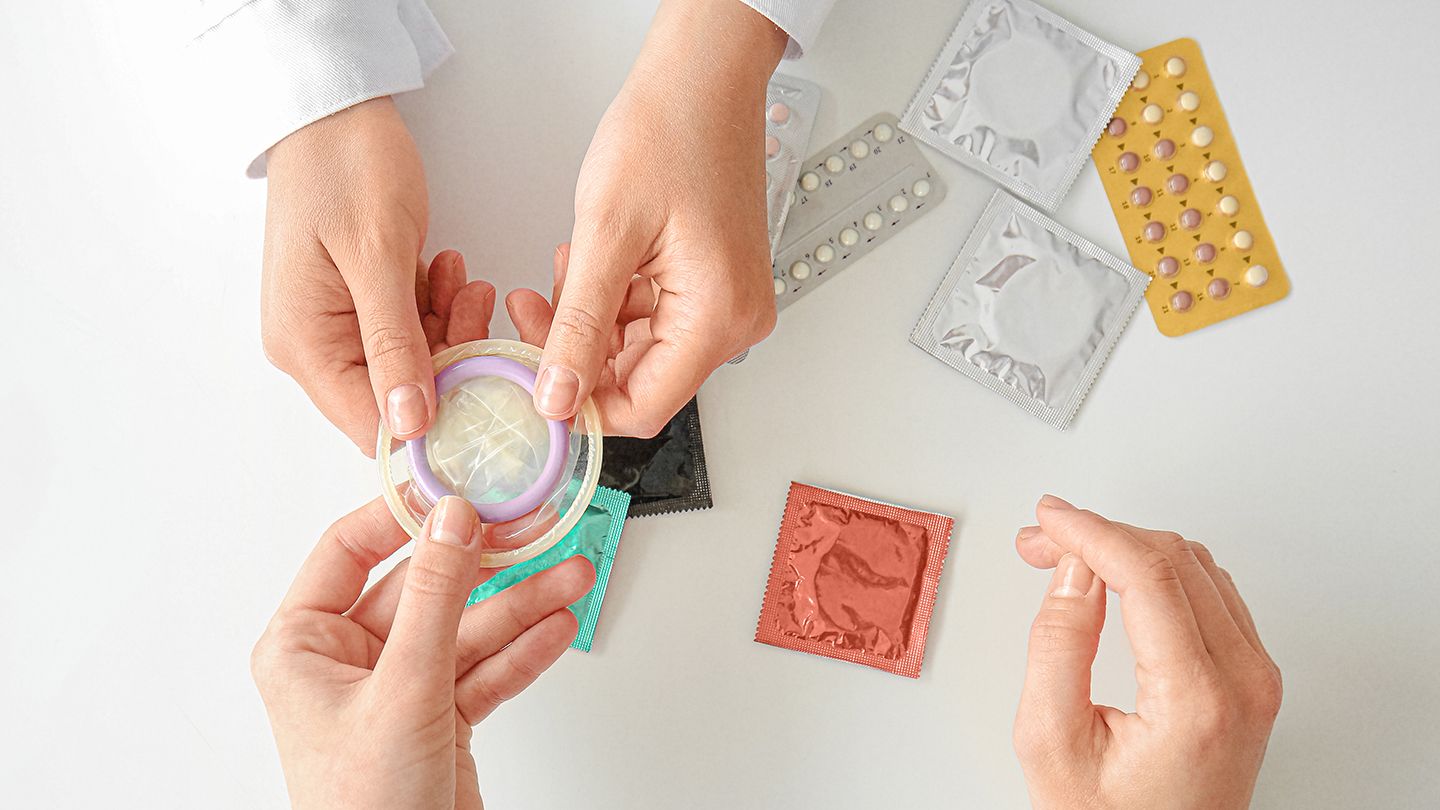Uterine fibroids are benign growths within the uterus that arise from its muscle tissue. They are non-cancerous and are also known as myomas or leiomyomas. They vary in size, shape, and location and can cause a variety of uncomfortable symptoms. Fibroids are known to be idiopathic, but studies suggest that hormones such as progesterone and estrogen play a role in their growth. This raises a concern among women regarding the use of birth control and fibroids.
The relationship between fibroids and birth control is complex and multifaceted. It depends on the nature of birth control, the type of fibroids, and the hormonal profile of women.
Types of birth control
Hormonal
Combination of birth control pills: These pills are a combination of estrogen and progestin (a synthetic progesterone). They help to manage menstrual cramps, reduce heavy menstrual bleeding, and regulate normal menstrual cycle.
Progestin-only pills: These pills are used by women who cannot tolerate estrogen
Intrauterine devices: Intrauterine devices release progestin into the body. They are also available in non-hormonal options that do not release hormones, such as Copper IUDs. Birth control Injections, patches, or implants release hormones in different mechanisms to prevent ovulation and regulate a normal menstrual cycle.
Non-hormonal birth control
They include copper intrauterine devices, condoms, and diaphragm that have no direct impact on fibroids.
Relation between fibroids and birth control
The direct relation between fibroids and birth control is not established, but high levels of estrogen are known to play a prominent role in promoting fibroid growth. Hormonal control that contains estrogen, such as combination pills, can contribute to fibroids’ growth. However, progestin can help alleviate fibroids’ symptoms. Progestin can help thin the uterine lining, leading to a lighter flow and reduced menstrual pain. Hormonal birth control may not directly shrink the fibroids, but it can be beneficial for managing their symptoms.
Considerations for Women with Fibroids
If you have uterine fibroids, choosing the proper contraceptive method for you will depend on your symptoms, the characteristics of your fibroids, and your overall health. It’s important to talk to your doctor to weigh the benefits and potential risks of different contraceptive methods. Here are some important considerations:
- Excessive and Heavy bleeding
- Fibroid growth
- Future fertility
The bottom line
The relationship between birth control and fibroids varies with certain conditions. This can be a matter of debate as there are both benefits and risk factors regarding the use of birth control and the development of uterine fibroids. Comparative studies have proved that birth control pills can be a risk factor as well as a good treatment option. This alone can not solve the problem of fibroids, but in some women, they play a good role in managing the related symptoms. It is always crucial for women to work closely with their healthcare provider to opt for appropriate birth control based on their symptoms.




